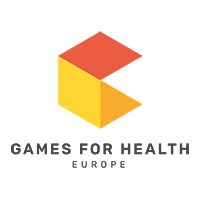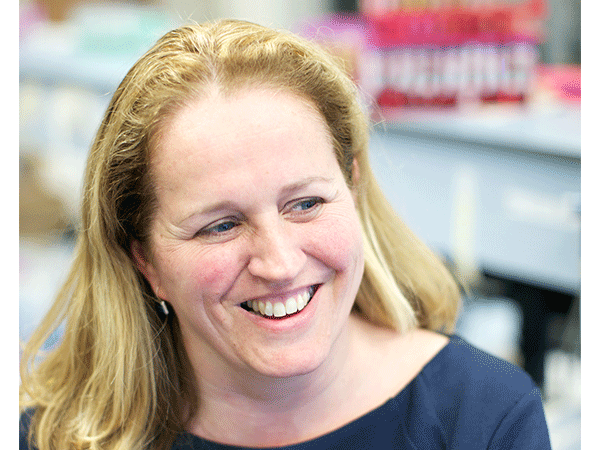Biography
Peggy Manders is an epidemiologist and works as a manager at the Radboud Biobank, the central biobank facility of the Radboud University Medical Center. She is also employed at the Department of Human Genetics where she is, among other things, responsible for developing informed consent procedures for various biobanks and the progress of the Biobank Hereditary Cancer and Biobank Intellectual Disability.
She is also UMC-coordinator for Parelsnoer Institute (PSI) on behalf of the Radboud University Nijmegen Medical Center. Furthermore, she is the representative of the Radboud University Medical Center for the COmissie Regelgeving Onderzoek (COREON), which is a committee of Federa.
PRESENTATION
De rol van monsters bij de preventie van ziekten
Biobanking has been identified as one of the key components of translational medicine. Roughly, there are two types of biobanks: population biobanks, where biospecimens and data of a general population group are collected, and clinical biobanks, which are focused on gaining study material for specific, disease-oriented research. Standardized clinical biobanks comprising high quality biomaterial and donor characteristics will greatly contribute to our understanding of complex, multifactorial diseases and are a prerequisite for the translation of biomarkers from bench to bedside.
It is clear that biobanking is all about the patient. The patient provides personal information and biomaterial. With this donation she/he contributes to the biobank, which makes new scientific research possible. However, biobanking relies on public trust and support. As biobanking relates to sensitive issues (e.g. collection of blood, DNA, genetics, Big Data, privacy protection), the risk for public alarm is high. Even a small incident might shift public opinion on biobanking substantially in a negative direction. The only way to prevent such threats for public trust in biobanking is to increase the heartfelt public awareness and trust that biobanks are valuable assets for biomedical research and medical innovation.

